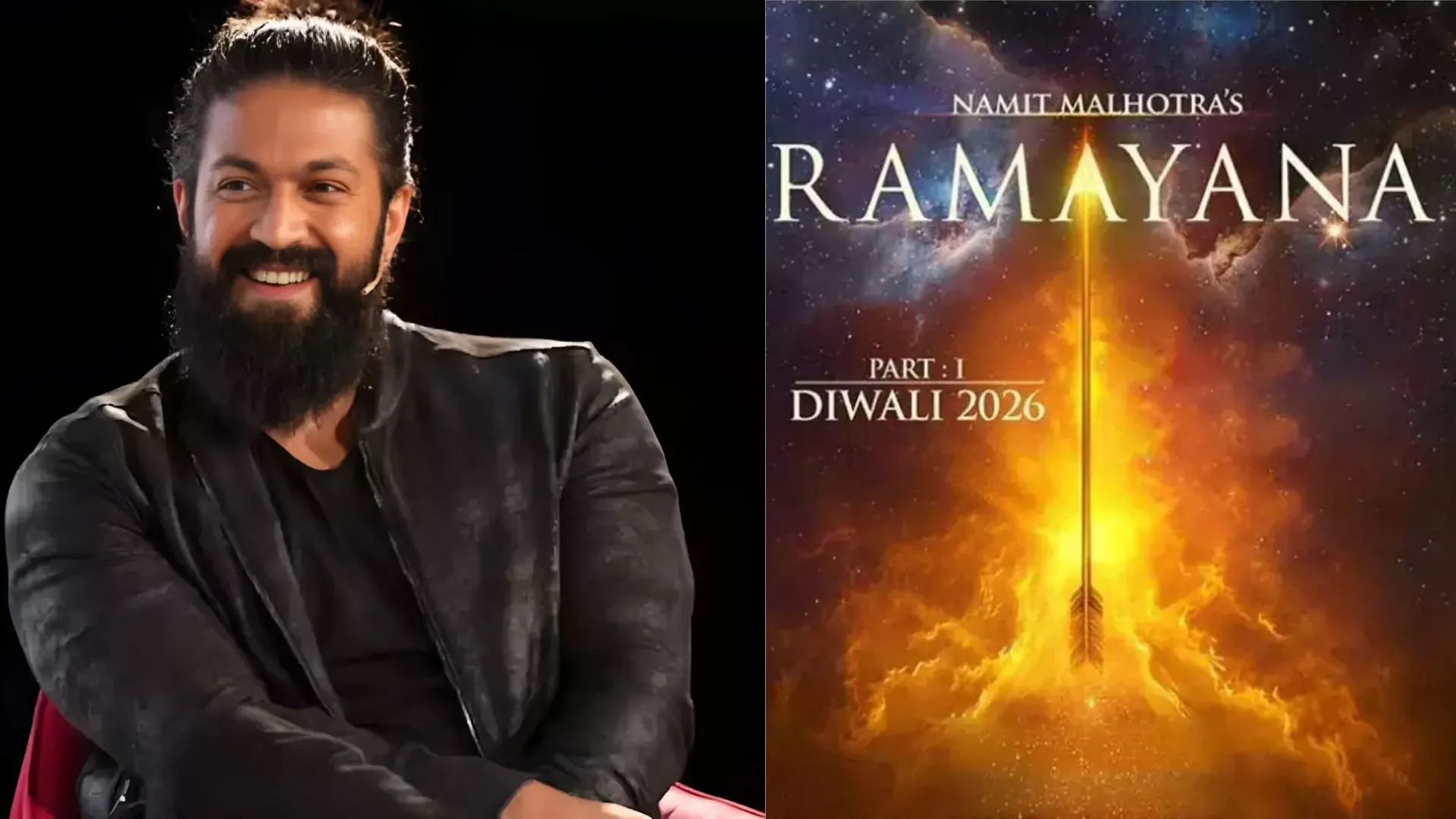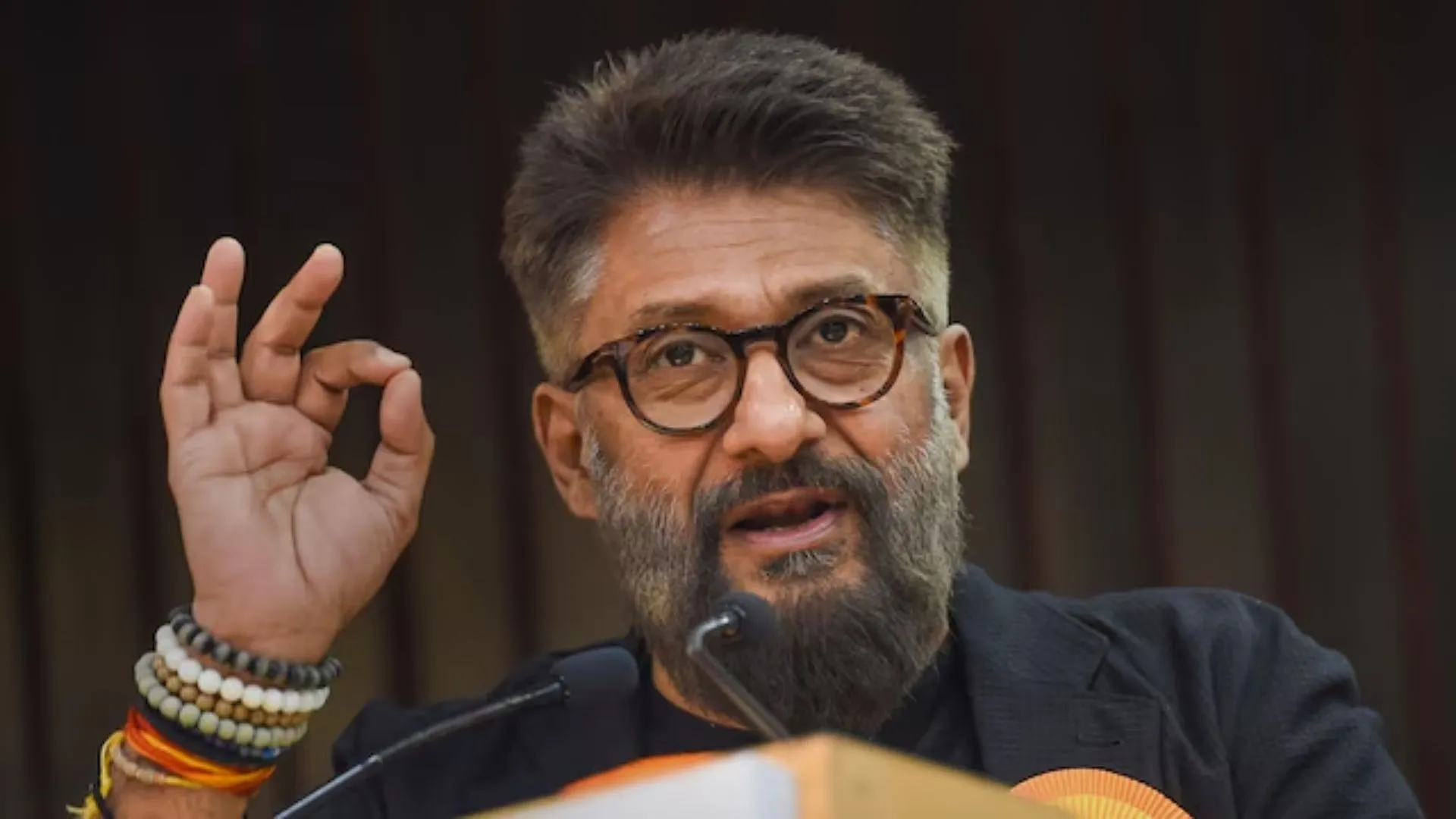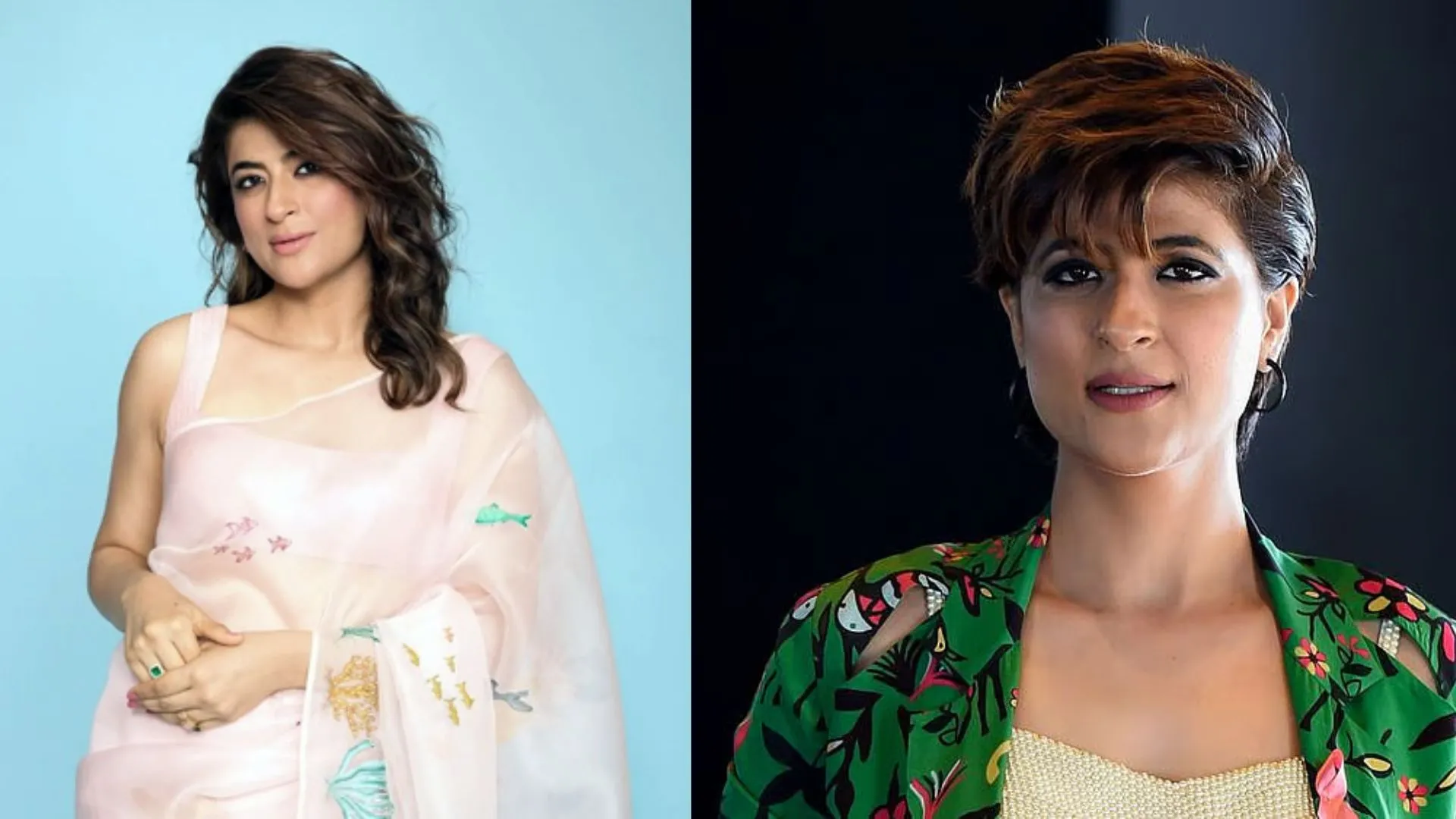Russian Foreign Minister Sergei Lavrov voiced strong support for India’s aspiration to secure a permanent seat on the United Nations Security Council (UNSC) during his address at the UN General Assembly in New York on Saturday. Lavrov emphasized the necessity of amplifying the representation of the Global South within the UNSC, stating, “Undoubtedly, there is a need to expand the representation of the Global South in the UN Security Council. We support the candidacies of Brazil and India, while also backing the well-known initiatives of the African Union.”
This endorsement aligns with a growing chorus of international leaders advocating for reforms within the UN, particularly regarding the Security Council’s composition.
Growing Coalition of Support
Russia’s endorsement joins a coalition of nations backing India’s candidacy, including Portugal and Bhutan, who have expressed their support during the ongoing UN General Assembly session. This follows endorsements from France and the United Kingdom, highlighting a significant shift in global sentiment toward India’s role in international governance.
MUST READ: Saudi Arabia Announces Alliance To Advocate For Two-State Solution To Israeli-Palestinian Conflict
Bhutan’s Prime Minister Tshering Tobgay articulated the rationale behind supporting India’s bid, asserting that India, with its substantial economic growth and leadership in the Global South, merits a permanent seat on the UNSC. Similarly, Portuguese Prime Minister Luís Montenegro echoed these sentiments, asserting, “We want to reform the global governance system to ensure greater representation, transparency, and cooperation.”
Major Endorsements from Western Leaders
Support for India’s UNSC bid has also resonated among Western leaders. UK Prime Minister Keir Starmer underscored the need for permanent African representation on the Council, alongside Brazil, India, Japan, and Germany, emphasizing the necessity for more elected member seats. “We want to see permanent African representation on the Council, Brazil, India, Japan, and Germany as permanent members, and more seats for elected members as well,” Starmer remarked during the UN General Assembly.
French President Emmanuel Macron joined the chorus, advocating for the inclusion of India as a permanent member. He stated, “Let’s make the UN more efficient. We need to make it more representative and that’s why France is in favour of the Security Council being expanded.”
The Case for Reforming the UNSC
The UNSC currently comprises five permanent members—Russia, the UK, China, France, and the United States—along with ten non-permanent members elected for two-year terms by the UN General Assembly. The permanent members wield significant power, including the ability to veto any substantive UN resolutions, which has led to calls for reform.
India has been at the forefront of advocating for urgent reform within the Security Council, positing that its composition is outdated and does not reflect contemporary geopolitical dynamics. India contends that the current structure, established in 1945, fails to accommodate the realities of the 21st century.
Having last served as a non-permanent member of the UNSC from 2021 to 2022, India’s claim for a permanent seat is bolstered by a rising demand for enhanced representation on the Council, reflecting the diverse global landscape.






















